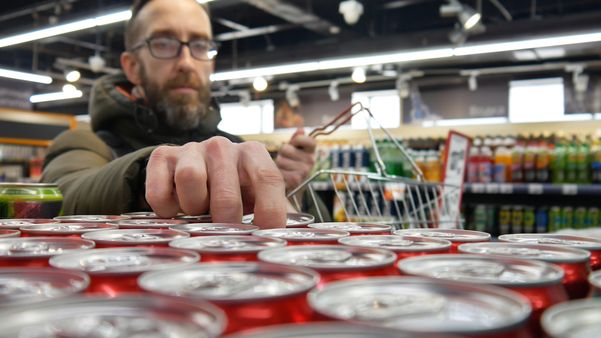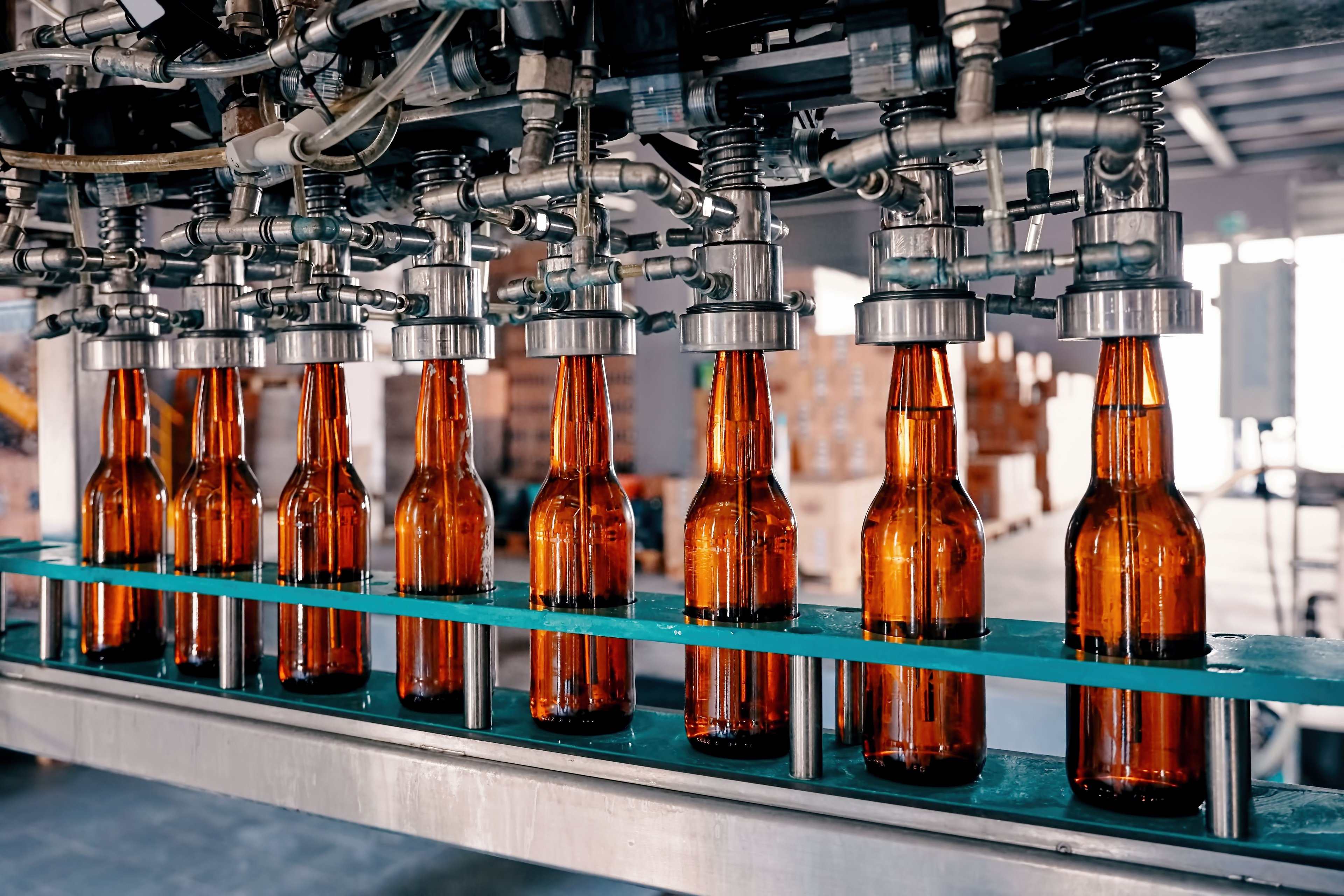Growth is now accelerating at Boston Beer (SAM +2.49%) as the brewer reported its sixth consecutive quarter of increased shipments and depletions, or sales to distributors and retailers, and they've grown for five straight quarters at double-digit rates.
Although its flagship Samuel Adams brand remains in a downward spiral, as depletions are in their fifth year of decline, Boston Beer has proven it can innovate its way out of a hole, and its Truly brand of hard seltzer has seemingly become its new leading beverage.

Hard seltzer is behind Boston Beer's meteoric sales growth. Image source: Boston Beer.
A truly remarkable beverage
The brewer kept its sales momentum going in the second quarter as revenue jumped over 16% to $318.4 million; Truly "continues to grow beyond our expectations," according to president and CEO Dave Burwick.
Originally thought of as a seasonal summer beverage, the hard seltzer has become a year-round hit, so much so that it's actually hurting Boston Beer's financials a little because it has to use third-party contract brewers to produce all the volume it needs to meet demand.
Gross margins in the quarter fell 210 basis points to 49.9% due to the use of contract brewers and needing to hire temporary labor to fulfill all the shipments of Truly variety packs. As a result, Boston Beer narrowed its full-year gross margin guidance to a range of 50% to 51% from 50% to 52%. Still, it's not necessarily a bad problem to have.
The brewer is looking for Truly's sales volumes to triple this year over 2018 and then to continue at triple-digit growth rates for at least the next year. It is also introducing Truly into draft, which is an experiment that could go either way, and going after the convenience store segment in a big way.
Looking for even more growth in seltzer
Berwick noted Boston Beer had largely ceded the C-store field to rival White Claw, which is the biggest hard seltzer on the market, and he credits them for seeing the opportunity there early. Although that may have been a missed opportunity for Boston Beer, it plans to make up for that going forward, and it plans to broadly distribute Truly in cans, which the CEO describes as "a big, big opportunity."
Because hard seltzer is casting such a long shadow over Boston Beer and the industry -- it and White Claw own 80% of the hard seltzer market -- somewhat lost in the shuffle is the brewer's Twisted Tea brand of hard tea, a longstanding favorite that puts in workmanlike consistency quarter after quarter.
It posted double-digit growth in the second quarter, which, without Truly, would have been remarkable on its own, but pales in comparison to the meteoric rise of hard seltzer.
A very friendly acquisition
Although it didn't have an impact on the current quarter, Boston Beer's acquisition of Dogfish Head Brewery can't be ignored because it brings together two pioneers of the craft beer industry.
Dogfish Head was one of the original innovators in craft beer, but the acquisition seems more of a way to bail out a friend than a real growth opportunity. The craft brewer brings with it only some 300,000 barrels of production, less than a tenth of what Boston Beer produces in a year, and volume is expected to grow at single-digit rates at best.
While there are some niche opportunities to exploit, such as Dogfish Head's leading sour beer SeaQuench and its popular low-calorie, low-carb IPA Slightly Mighty, two brands that chairman and founder Jim Koch think can go national, he is under no delusion that the acquisition will spur renewed beer growth. "There are no miracles" happening, he told analysts.
Yet with the craft beer industry growing only by low single-digit rates, it is in the innovative portfolios of brewers that the actual opportunity lies, and Boston Beer seems to have a firm grasp of that, though it's mostly hard seltzer on tap at the moment.






